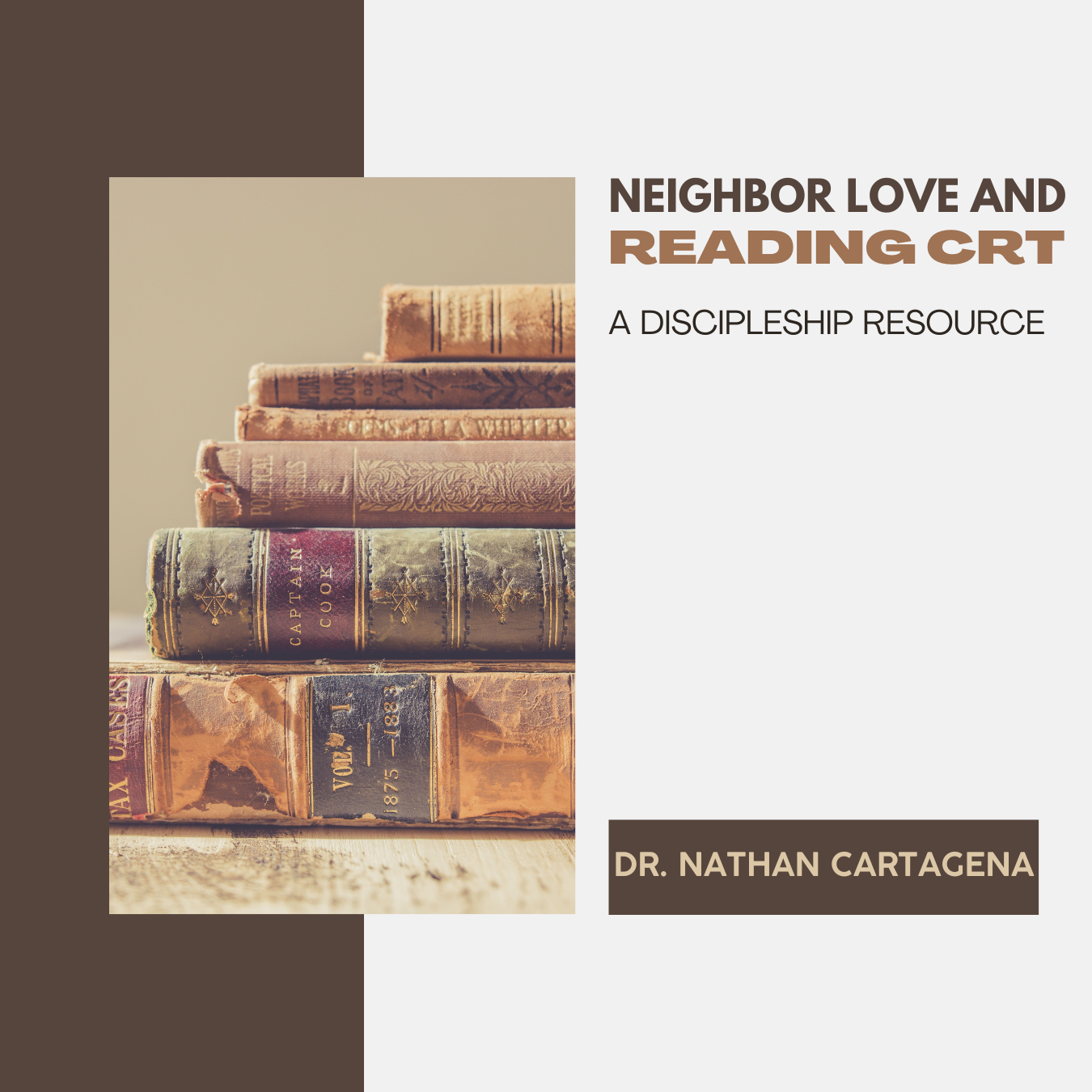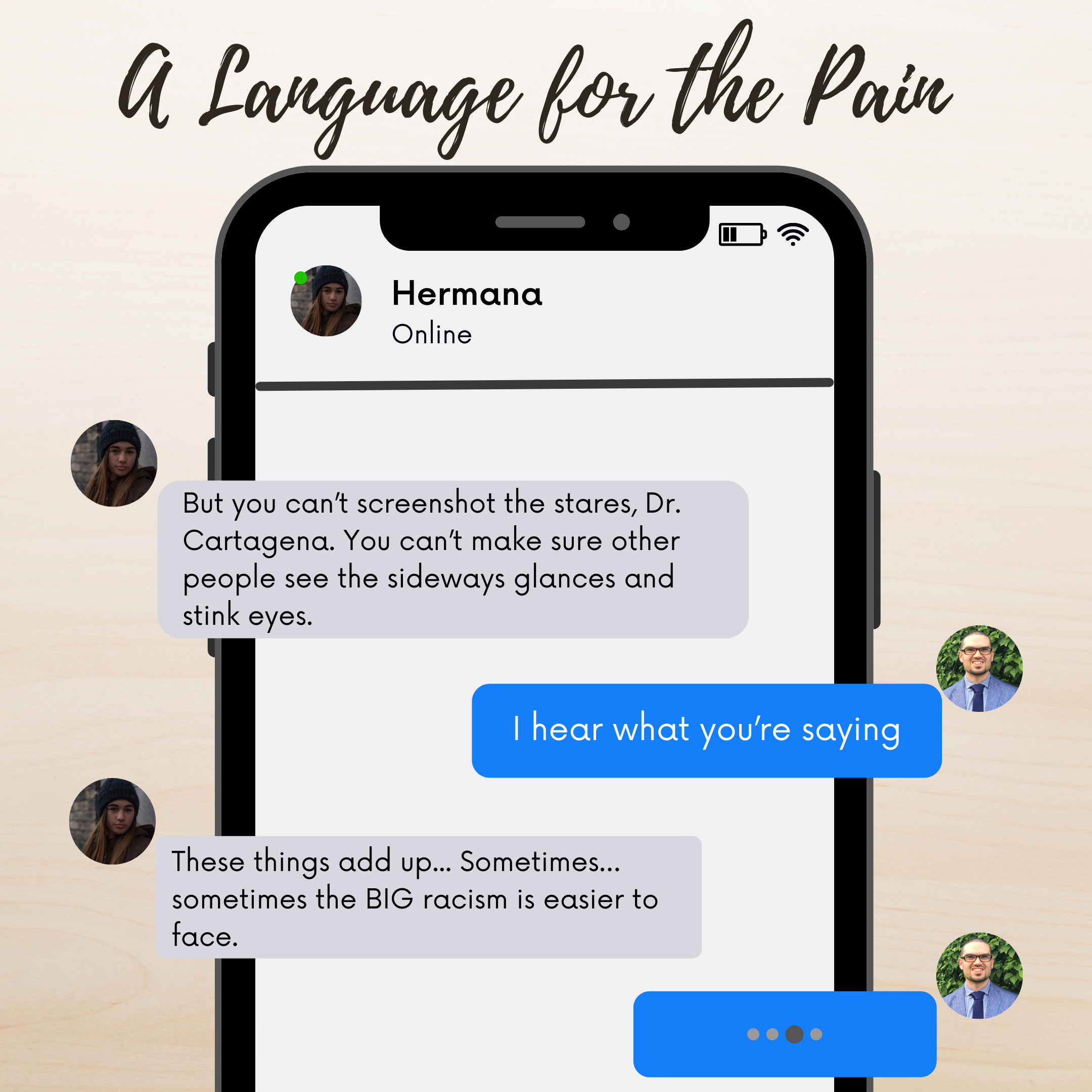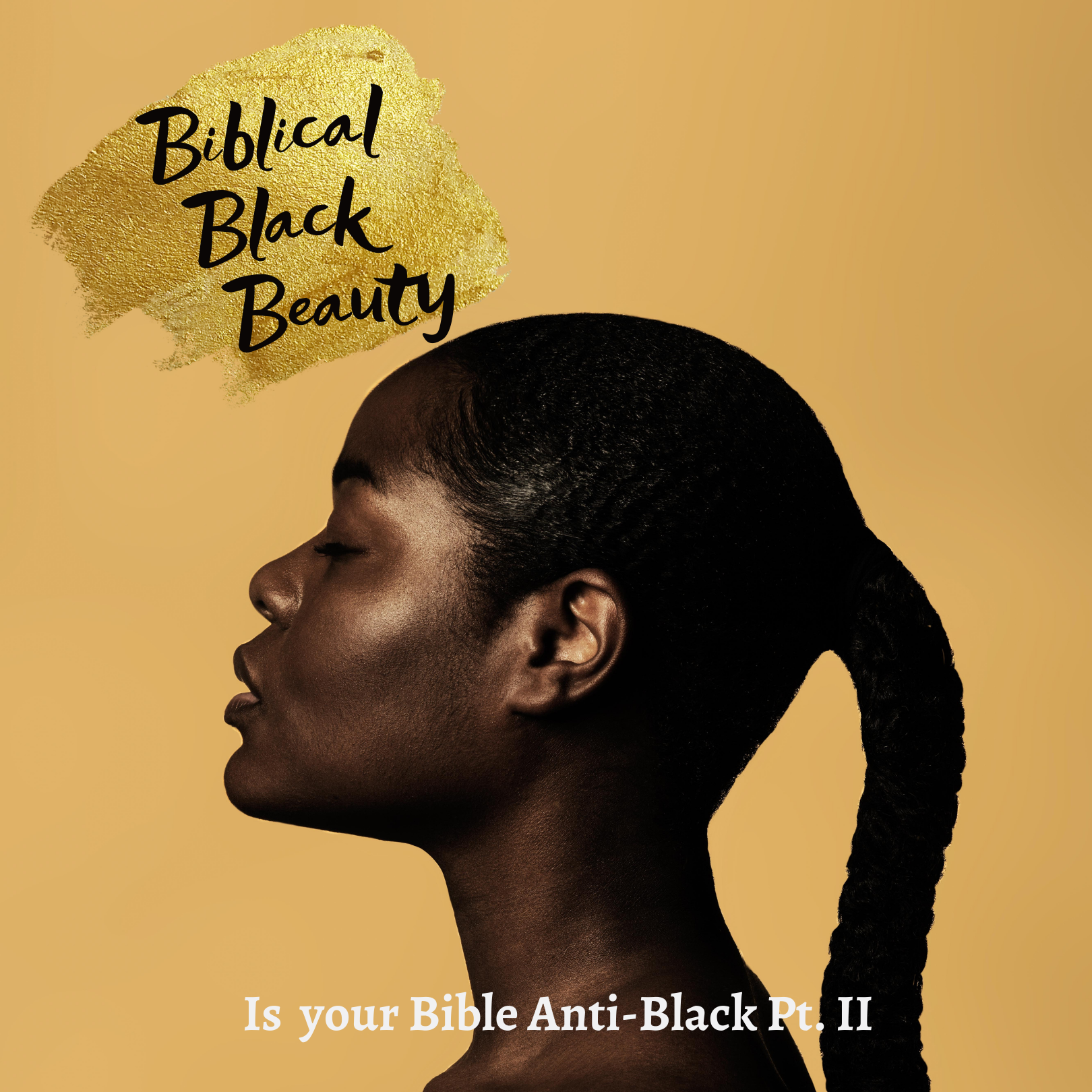Richard Delgado’s words stunned me. Putting his essay down, I meditated on this unsettling passage:
[U.S. Latin@s] suffer disproportionately from poverty and school drop-out. A U.N. study showed that if all Latinos residing in the United States were considered as a separate country, that country would rank thirty-fifth in the world in a combined index of social well-being that included income, education, and access to health care.
Delgado was citing the UN’s 1993 Human Development Report. That same document noted that “In the United States, with the HDIs of white, black, and hispanic populations separated, whites rank number 1 in the world.” The U.S. Latinx community was thirty-fifth; the U.S. White community was first. And as Delgado observed, “the racial disparity noted in the 1993 report has widened and deepened.” The UN’s 2001 Human Development Report revealed that whereas U.S. Whites remained near the top of the world’s HDI index, U.S. Latin@s had dropped to sixty-eighth.
Seeing the suffering of Mi Gente
Reading these grotesque numbers carried me back to my first experiences with Puerto Rico’s poverty. Mi abuela was driving. I sat in the passenger seat. As we rode through dilapidated communities, my young eyes, raised in a middle-class New Jersey neighborhood, poured out tears. I had never seen such catastrophes. These were mi gente, my people. And they were languishing in extreme destitution.
“Mira, Nathan,” mi abuela said. “Ellos son muy pobres y están sufriendo; they are very poor and are suffering. God calls us to love and care for the poor. We cannot look away.”
Later that visit, I spoke with a family member about the poverty I’d seen. “Oh yes, there are many poor people here in Puerto Rico. But they are poor because they are lazy. You see the same thing in the mainland.”
My relative’s callous tone and comments jarred me. Abuela had said nothing about laziness while we witnessed our people’s misery; she spoke about our divine call to love and care for the poor. Granted, abuela never explained mi gente’s poverty. But the contrast between her focus on neighbor-love and this relative’s reductive explanation for severe poverty shook me.
Returning to the Present
Chills jerked my body as I recalled these experiences. I picked up Delgado’s essay and reread the arresting passage. How to understand these truths, the poverty I witnessed, or what my relatives told me?
This multi-faceted question becomes more pointed when you engage updated data. Ed Morales writes that “on average, prices [are] about 21 percent greater in Puerto Rico than in the United States.” Though this percentage is like “major metropolitian areas like New York and Miami,” those cities only have poverty rates of “12 percent and 24 percent, respectively” whereas Puerto Rico’s “41 percent poverty rate (compared to the United States’ average of 14.3 percent) represented a much higher percentage of the population that has a difficult time just grocery shopping.” Morales presses the point. “This high rate reflects the concentration of poverty you’d expect to see in peripheral areas of US cities, showing how “American” socioeconomic problems are reproduced in an isolated island territory.” Morales wrote two years ago. Now Puerto Rico’s poverty rate is 43.5 percent—over two times higher than Mississippi’s, which has the highest poverty rate among US States.
These ghastly percentages testify to profound human suffering. And they force us again to ask: How to understand these truths, the poverty I witnessed, or what my relatives told me? Let me offer three biblical reflections that should inform every Christian’s answers.
Biblical Reflection One: Laziness and Want
Scripture identifies laziness as a cause of poverty. As Esteban Voth writes, “the book of Proverbs states that one of the causes which had contributed to the existence of poverty is laziness.” Consider the following passages.
Laziness brings on deep sleep;
an idle person will suffer hunger. (Proverbs 19:15)The lazy person does not plow in season;
harvest comes, and there is nothing to be found. (Proverbs 20:4)Do not love sleep, or else you will come to poverty;
open your eyes, and you will have plenty of bread. (Proverbs 20:13)The craving of the lazy person is fatal,
for lazy hands refuse to labor. (Proverbs 21:25)
Three verses link laziness to hunger; one links it to death. Thus, these texts reveal their agrarian context. Thus, they establish laziness’s lethal consequences.
Yet each of these passages address individual poverty, not its communal form. Three verses specifically reference a lazy “person.” The “you” of Proverbs 20:13 is singular. This limited scope matters, for as Ibram X. Kendi argues, “Individual behaviors can shape the success of individuals. But policies determine the success of groups.”
When Isaiah and Amos chastise Israel for its oppressive treatment of the poor, they highlight how Israel’s anti-covenantal policies and practices—in this context, those opposed to the Mosaic covenant and law—produce or perpetuate poverty. Isaiah writes:
The Lord rises to argue his case;
he stands to judge the peoples.
The Lord enters into judgment
with the elders and princes of his people:
It is you who have devoured the vineyard;
the spoil of the poor is in your houses.
What do you mean by crushing my people,
by grinding the face of the poor? says the Lord God of hosts. (Isaiah 3:13-15)
The LORD condemns an elite group—elders and princes—for establishing and exacerbating poverty through their practices and anti-covenantal policies. Likewise, Amos declares:
Thus says the Lord:
For three transgressions of Israel,
and for four, I will not revoke the punishment;
because they sell the righteous for silver,
and the needy for a pair of sandals—
they who trample the head of the poor into the dust of the earth,
and push the afflicted out of the way;
father and son go in to the same girl,
so that my holy name is profaned;
they lay themselves down beside every altar
on garments taken in pledge;
and in the house of their God they drink
wine bought with fines they imposed. (Amos 2:6-8)
Israel’s elite exploit and oppress the poor, gorging themselves upon this community’s limited resources, and so worsening the poor’s plight. None of these condemnations come in an individualist key. All focus on groups and group dynamics. And each echoes texts in Proverbs.
Biblical Reflection Two: Injustice and Poverty
Though Proverbs identifies laziness as a cause for individual poverty, it also identifies societal level injustices as a cause for communal poverty. As Esteban Voth observes, because the same book “proposes that many times poverty is caused by injustice,” its readers “cannot generalize and attribute the existence of poverty to laziness alone.” Consider the following verse
The field of the poor may yield much food,
but it is swept away through injustice. (Proverbs 13:23)
Whereas verses from Proverbs we considered in the previous section linked individual laziness to individual poverty and hunger, Proverbs 13:23 links the bareness of poor people’s fields to societal injustices. Thus, Proverbs 13:23 bears a striking resemblance to the texts from Isaiah and Amos we considered.
Similar commonalities also hold. Voth argues that “In contrast to the wisdom literature, for the prophets the true cause of poverty was found in the presence of injustice. This injustice had been institutionalized in royalty as well as in the clergy.” We noted such institutionalized evils in the previous section. Here we note proverbs that echo what we and Voth read in the prophets.
A ruler who oppresses the poor
is a beating rain that leaves no food. (Proverbs 28:3)Those who oppress the poor insult their Maker,
but those who are kind to the needy honor him. (Proverbs 14:31)Oppressing the poor in order to enrich oneself,
and giving to the rich, will lead only to loss. (Proverbs 22:16)Do not rob the poor because they are poor,
or crush the afflicted at the gate;
for the Lord pleads their cause
and despoils of life those who despoil them. (Proverbs 22:22-23)
Isaiah and Amos chastise royalty for perpetuating poverty. So does Proverbs 28:3. Isaiah and Amos rebuke Israel’s elites for exploiting the poor. Proverbs 22:16 and 22:22-23 anticipate this rebuke. And Isaiah and Amos highlight how Israel’s elites have insulted God because they oppress the poor.
Reflecting on the totality of Scripture’s witness, Elsa Tamez argues, “For the Bible oppression is the basic cause of poverty.” Tamez has communal poverty in view. She continues: “The oppressor steals from the oppressed and impoverishes them. The oppressed are therefore those who have been impoverished, for while the oppressor oppresses the poor because they are poor and powerless, the poor have become poor in the first placed because they have been oppressed.” In a prophetic, proverbial register, Tamez concludes, “The principal motive for oppression is the eagerness to pile up wealth, and this desire is connected with the fact that the oppressor is an idolater.” Isaiah and Amos do not rebuke Israel’s poor for laziness; they do not exhort them to try harder and pick themselves up. Instead, they rebuke Israel’s ruling elites for unjust policies and practices that bear the mark of idolatry.
Biblical Reflection Three: Legal Injustice and Poverty
Rulers and ruling-class elites often promote exploitation and poverty through law. Isaiah condemns Israel’s elites for this very sin.
Woe to those who make unjust laws,
to those who issue oppressive decrees,
to deprive the poor of their rights
and withhold justice from the oppressed of my people,
making widows their prey
and robbing the fatherless. (Isaiah 10:1-2)
These unjust laws stand in sharp contrast to the laws God instituted in the Mosaic covenant. There we read:
When you reap the harvest of your land, you shall not reap to the very edges of your field, or gather the gleanings of your harvest. You shall not strip your vineyard bare, or gather the fallen grapes of your vineyard; you shall leave them for the poor and the alien: I am the Lord your God (Leviticus 19:9-10);
For the Lord your God is God of gods and Lord of lords, the great God, mighty and awesome, who is not partial and takes no bribe, who executes justice for the orphan and the widow, and who loves the strangers, providing them food and clothing. You shall also love the stranger, for you were strangers in the land of Egypt. You shall fear the Lord your God; him alone you shall worship; to him you shall hold fast, and by his name you shall swear. (Deuteronomy 10:17-20)
God establishes laws to care for the poor and remediate poverty. Loving and worshiping God involves knowing that he executes justice for the marginalized and opposes oppressive, poverty-inducing regimes like Egypt’s.
Concluding With Puerto Rico
We return to the grotesque data about Puerto Rico’s poverty and our multi-layered guiding question: How to understand these truths, the poverty I witnessed, or what my relatives told me? In reverse order, we see that mi abuela was right to stress God’s call to care for the poor. We must love them—and so love their and our Maker. In contrast, we see that my relative’s linking of laziness to Puerto Rico’s wide-spread poverty is biblically dubious. Whereas Scripture links such societal level poverty to societal injustices perpetuated by ruling elites, my relative settled for a reductive and false linkage with individual behavior.
Biblically speaking, we must evaluate Puerto Rico’s poverty in terms of systemic evils perpetuated by ruling elites and the policies and practices they promote. This requires us to analyze and chastise elites on the island. But it also requires us to analyze the elites of Puerto Rico’s colonizer: The U.S. What Delgado says of Latin@s generally applies to Puerto Rico particularly: Latin@s require freedom from “the badges and incidents of conquest, including loss of ancestral lands, destruction of culture, suppression of their native language, and a public school system that systematically renders their history invisible.” And as I’ve written elsewhere, White U.S. elites crafted the laws governing US-Puerto Rico relations to solidify these badges and their accompanying poverty. These laws and the economic structures they protect trample Puerto Rico and Puerto Rico’s poor. Moreover, scholars such as Ed Morales and Teresa Delgado have shown that Puerto Rican elites like Ricardo Antonio Rosselló added cronyism and domestic domination to these evils. And unlike Zacchaeus, the island’s oppressive elites never repaid what they stole. Decolonizing this multi-sourced catastrophe requires confronting Egypt- and Rome-like exploitation and idolatry.
About Dr. Nathan Luis Cartagena
A son of the US South (Mom) and Puerto Rico (Dad), Dr. Cartagena is an Assistant Professor of Philosophy at Wheaton College (IL), where he teaches courses on race, justice, and political philosophy, and is a fellow in The Wheaton Center for Early Christian Studies. He serves as the faculty advisor for Unidad Cristiana, a student group working to enhance Christian unity and celebrate Latina/o cultures, a scholar-in-residence for World Outspoken, and a co-host for the forthcoming podcast From the Underside. He’s also writing a book on Critical Race Theory with IVP Academic.
Articles like this one are made possible by the support of readers like you.
Donate today and help us continue to produce resources for the mestizo church.











